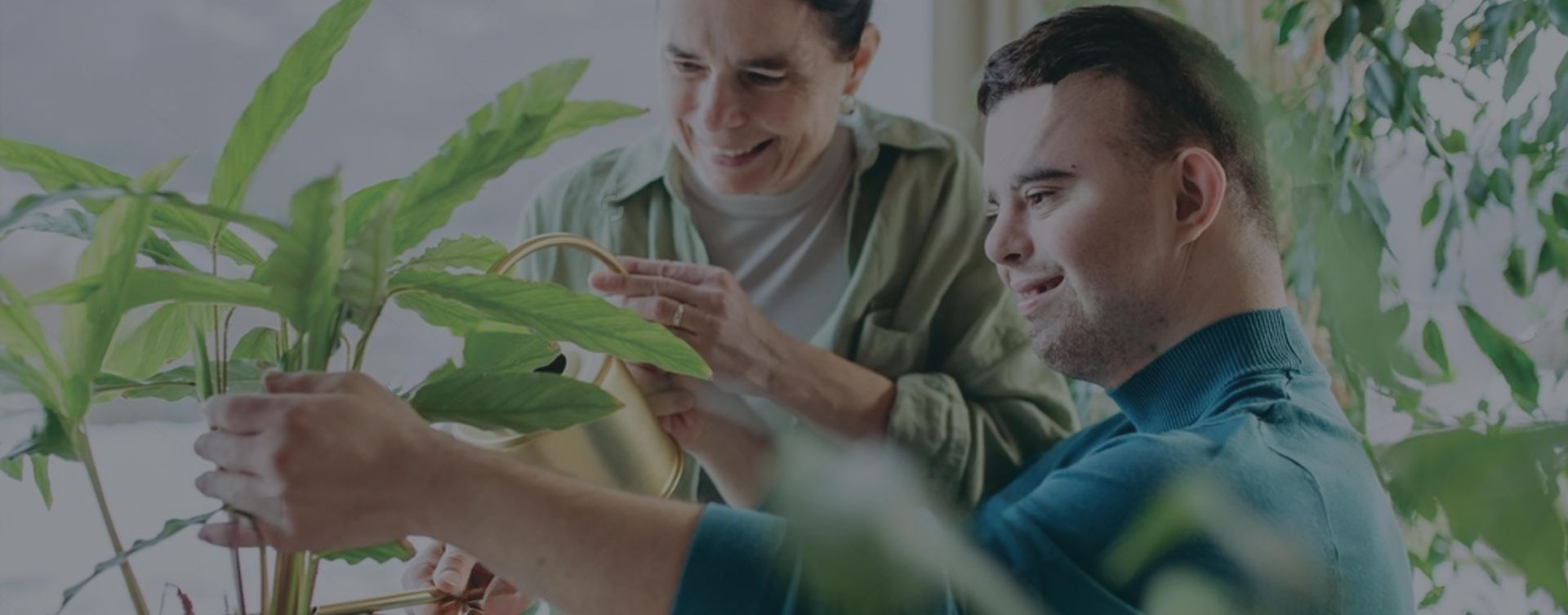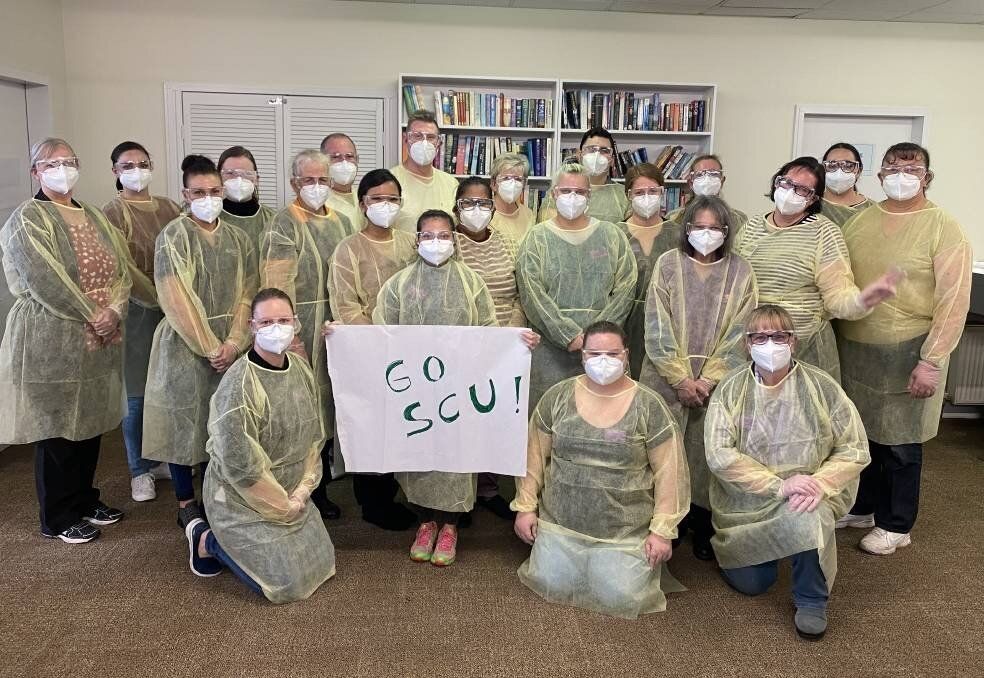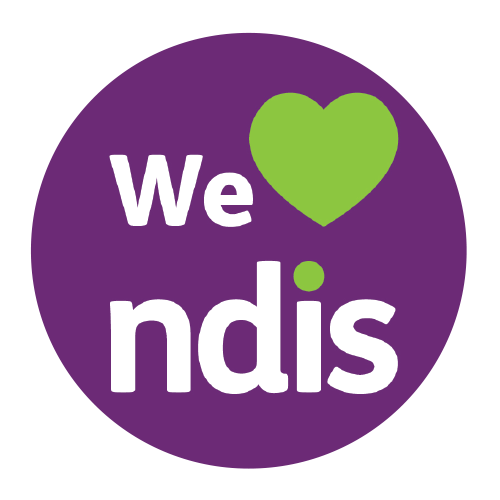How Can We Better Navigate Staffing in Aged Care Facilities during COVID-19?
COVID-19 Has Exposed the Vulnerability of the Aged Care Workforce
ABC’s 7:30 report questioned the vulnerability of the aged care workforce and raised the issue of the aged care workforce’s ability to deal with the pandemic, referencing “woefully paid” staff with “no minimum training qualifications”.
The Royal Commission into Aged Care will be holding a special sitting next week to look at lessons learnt to date as to what has happened in aged care facilities. At the same time, the Senate Select Committee on COVID-19 has been seeking an explanation from the Federal Minister for Aged Care and related health bureaucrats as to why the early tragedies in aged care failed to trigger preparation for future outbreak
We’re Watching the Victorian Experience Closely
As the leading provider of staff in the aged care industry in NSW, we’re watching the Victorian cases closes, while working hard to support clients who may be impacted by COVID-19. In March 2020 my team supported an Aged Care facility who had a confirmed case of COVID-19 in Sydney helping staff the facility around the clock for four weeks while their staff were in isolation. My team and I are committed to providing qualified and experienced staff to maintain quality of care.
In Victoria every healthcare service and related service where they might find a ready workforce is under pressure because of the community transmission, and there are limits to the identification of a replacement workforce. To compound this issue, ABC 7.30 Reports that only 1 in 3 care workers in Australia have completed the infection control training and the request to put the list of homes with public outbreaks was denied.
Is the response too slow? Can the system cope?
Australian Government’s Guidance for Residential Aged Care Services
The Aged Care Quality & Safety Commission has expanded on the government's guidance with advice for providers of residential aged care services to protect consumers in residential facilities and home care services from the health risks related to COVID-19. This includes specific issues, actions to take, and helpful strategies to ensure the ongoing safety of aged care consumers. You can access the Commission's advice on their website here.
Due to the unprecedented nature of the pandemic, the Commission is encouraging aged care providers to come up with innovative ways to ensure the ongoing health, safety and wellbeing of consumers in their care, from keeping in touch with family and friends to activities that promote engagement. Some of these examples can be viewed here. Scroll down to watch the short video that contains four examples of services' innovative approach to the pandemic, and the current restrictions on visitors.
The Illawarra Mercury reported a new special care unit to protect its residents, staff and the community. Warrigal is getting more COVID-19 ready by trialling a new special care unit at Warilla. The senior living provider has not recorded any confirmed coronavirus cases in any of its facilities but decided to develop the special care unit itself in its ongoing efforts to protect residents, staff and community from exposure to the virus. Read more here.
How Can We Better Navigate Staffing in Aged Care Facilities during COVID-19?
The question remains - how can we ensure and support safe, quality care for aged care consumers during visitor restrictions relating to the coronavirus (COVID-19) pandemic?
This Sydney Morning Herald article by Farrah Tomazin and Max Kozlowski was written 10 months ago, prior to COVID-19. This demonstrates there was already a shortage of staff in aged care due to funding shortages to aged care providers from the Australian government.
Now the industry is at a breaking point, and the sector being criticised, even though they are doing a phenomenal job under the circumstances.

